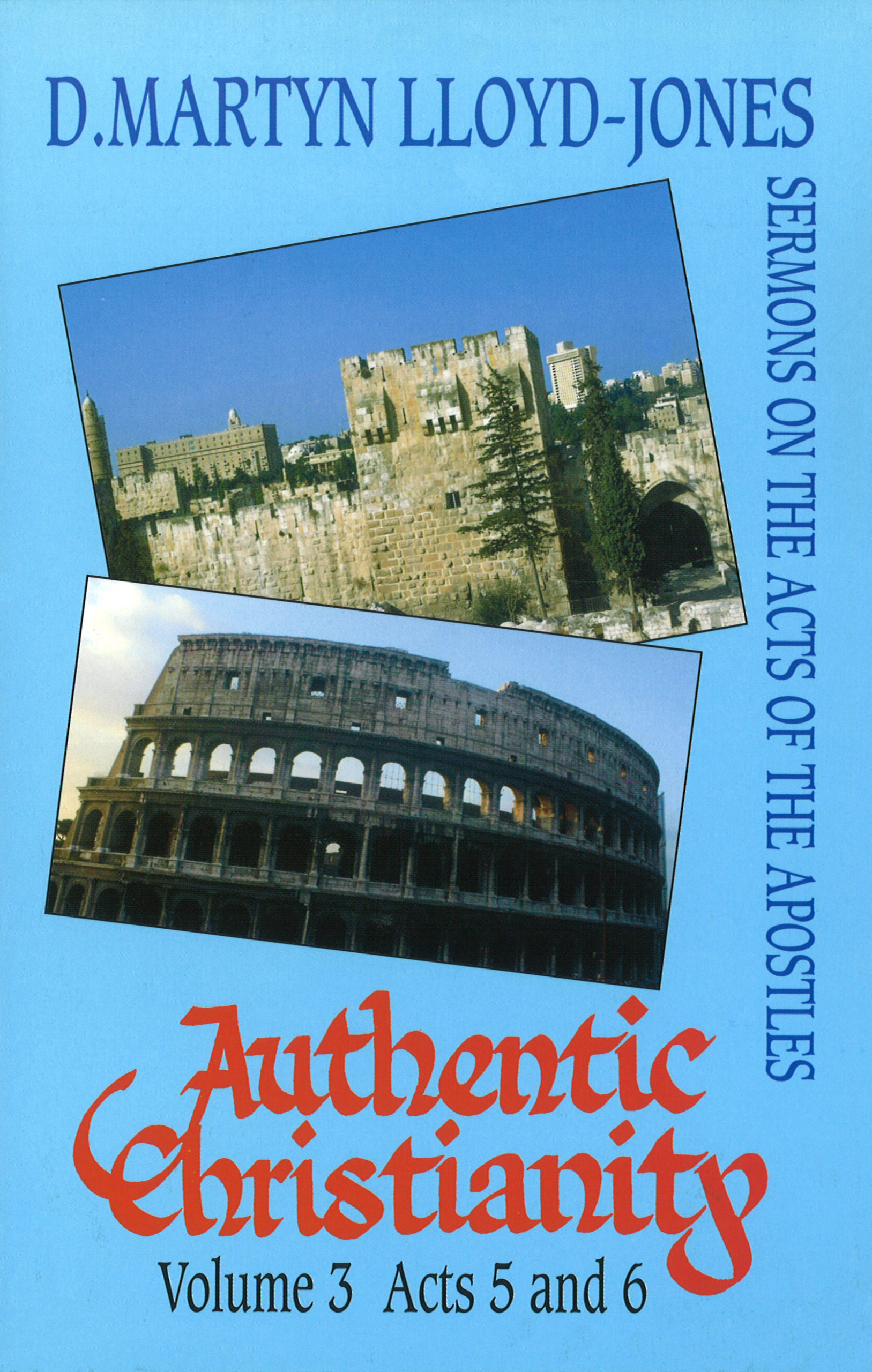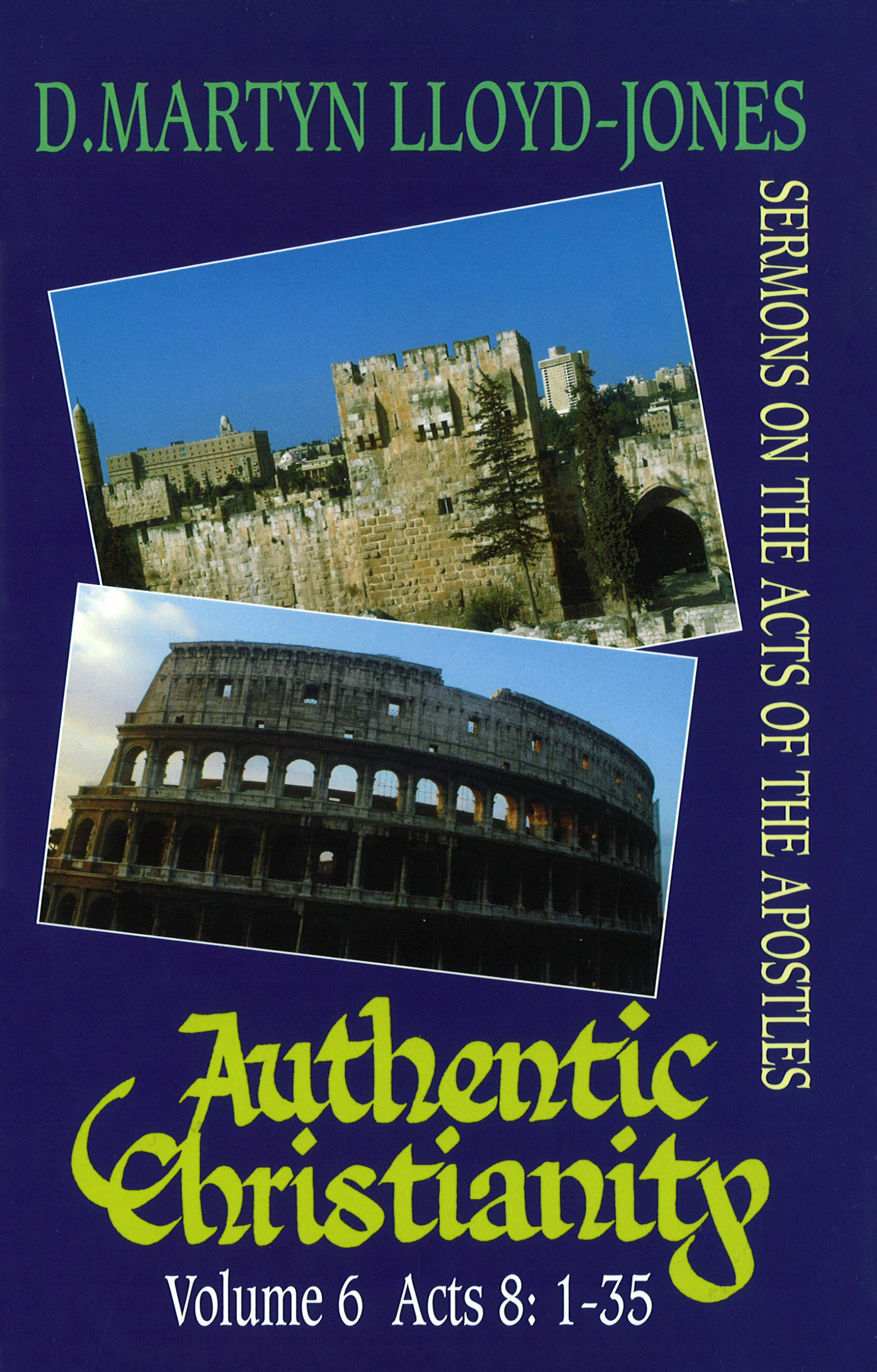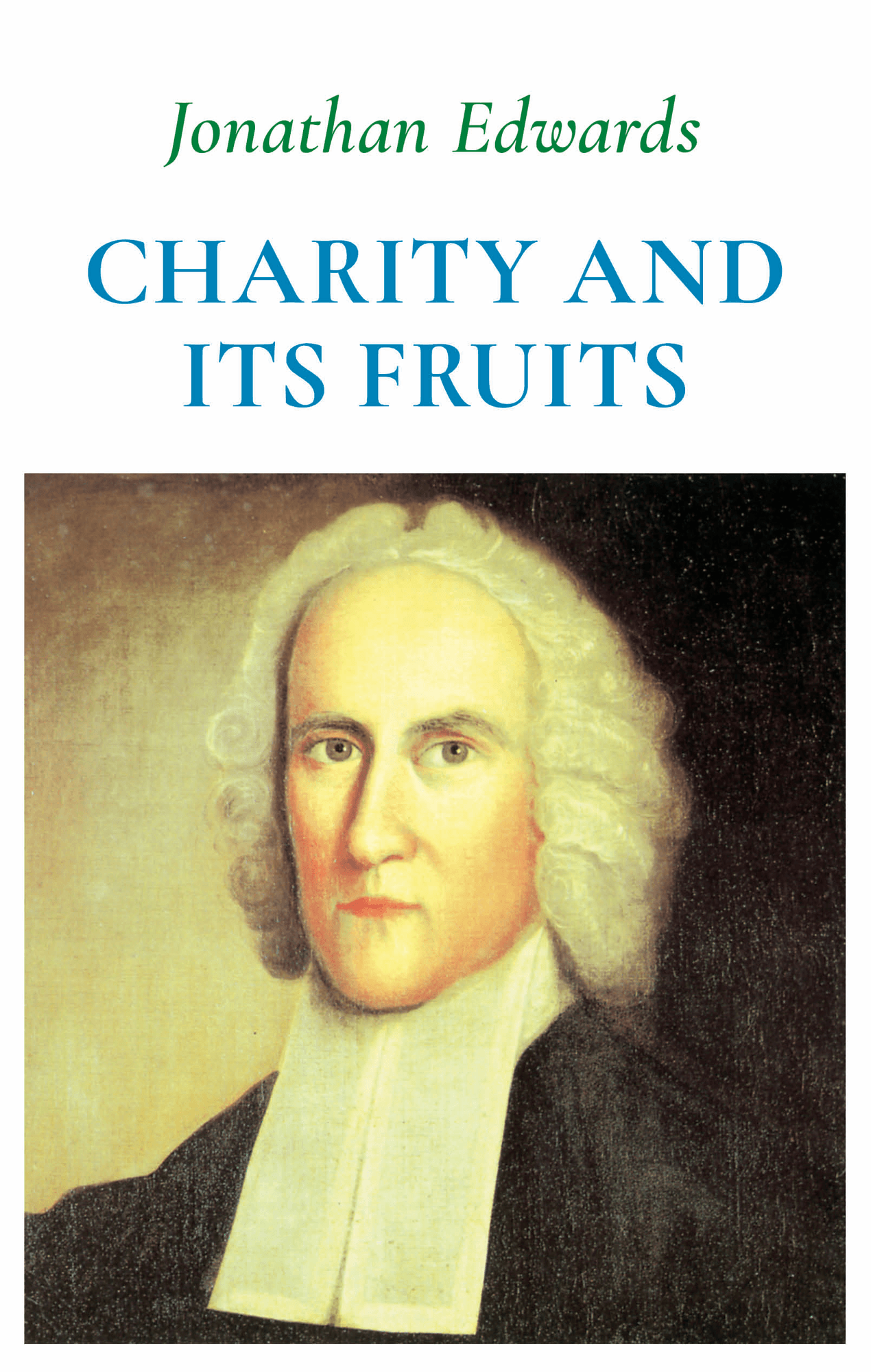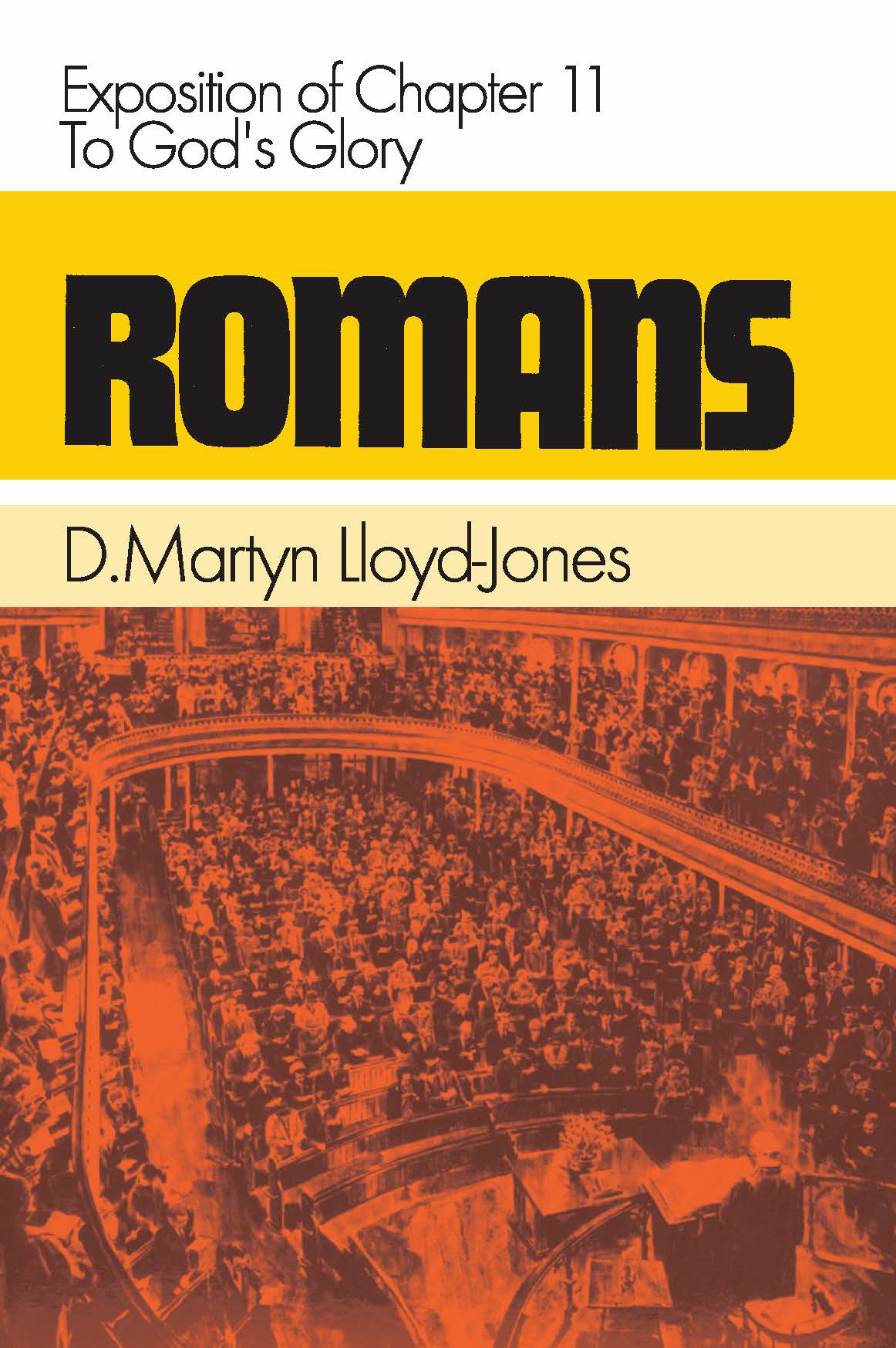Charity & Its Fruits
Christian Love as Manifested in Heart and Life
| Weight | 0.44 kg |
|---|---|
| Dimensions | 21.5 × 13.6 × 2.0 cm |
| ISBN | 9781800403567 |
| Binding | Paperback |
| Format | Book |
| Page Count | 384 |
| Scripture | 1 Corinthians |
| Original Pub Date | 1852 |
| Banner Pub Date | Nov 1, 1969 |
Book Description
Few Christian leaders since the Reformation have been as gifted as Jonathan Edwards. A man of intense personal devotion to Christ, he was a leader of revival, and a creative Reformed theologian as well as being a missionary and a philosopher fully meriting Hugh Martin’s description of him as ‘that greatest of metaphysical divines’.
Yet it is likely that he would have preferred to be remembered simply as ‘pastor of the Church of Northampton’. Preached in 1738 (the same year that Edwards published A Narrative of Surprising Conversions), Charity and Its Fruits gives us an insight into his regular pulpit ministry in the years between the Northampton revival of 1735 and ‘the Great Awakening’ of 1740.
Entirely free from sentimentality this moving exposition of 1 Corinthians 13, like the better known Religious Affections, reveals Edwards’ insistence both that true Christian experience is ‘supernatural’—Spirit-produced and Christ-centered—and that ‘all true Christian grace tends to practice’. These sermons show how it is possible to steer between Arminianism on the one hand and Antinomianism on the other. The concluding chapter on heaven as a world of love is perhaps the most beautiful in all Edwards’s writings.
Table of Contents Expand ↓
| Page | ||
| LECTURE I. | ||
| All True Grace In The Heart Summed Up In Charity, Or Love | 1 | |
| LECTURE II. | ||
| Charity, Or Love, More Excellent Than The Extraordinary Gifts Of The Spirit | 26 | |
| LECTURE III. | ||
| All That Can Be Done Or Suffered In Vain Without Charity, Or Love | 50 | |
| LECTURE IV. | ||
| Charity Meek In Bearing Evil And Injuries | 66 | |
| LECTURE V. | ||
| Charity Cheerful And Free In Doing Good | 96 | |
| LECTURE VI. | ||
| The Spirit Of Charity The Opposite Of An Envious Spirit | 111 | |
| LECTURE VII. | ||
| The Spirit Of Charity An Humble Spirit | 128 | |
| LECTURE VIII. | ||
| The Spirit Of Charity The Opposite Of A Selfish Spirit | 157 | |
| LECTURE IX. | ||
| The Spirit Of Charity The Opposite Of An Angry Or Wrathful Spirit | 186 | |
| LECTURE X. | ||
| The Spirit Of Charity The Opposite Of A Censorious Spirit | 204 | |
| LECTURE XI. | ||
| All True Grace In The Heart Tends To Holy Practice In The Life | 221 | |
| LECTURE XII. | ||
| Charity Willing To Undergo All Sufferings For Christ | 251 | |
| LECTURE XIII. | ||
| All The Christian Graces Connected And Mutually Dependent | 268 | |
| LECTURE XIV. | ||
| Charity, Or True Grace, Not To Be Overthrown By Opposition | 285 | |
| LECTURE XV. | ||
| The Holy Spirit For Ever To Be Communicated To The Saints, In Charity, Or Love | 304 | |
| LECTURE XVI. | ||
| Heaven, A World Of Charity Or Love | 323 |
We asked people how reading Edwards had benefitted them; this is what they said …
Here’s What You Said About Jonathan Edwards
Related products

Authentic Christianity
Volume 3: Sermons on the Acts of the Apostles
Description
Sermons on 1 Corinthians 13. 384pp.

Authentic Christianity
Volume 6: Sermons on the Acts of the Apostles
Description
Sermons on 1 Corinthians 13. 384pp.




Richard C Ross –
It’s entirely appropriate that this book attracts the adjective ‘beautiful’. Jonathan Edwards is the sole truly Reformed theologian to take seriously the transcendental divine attribute of ‘beauty’. (Petrus Van Mastricht touches on the theme in contemplating the glory of God, in his Theoretical-Practical Theology; Karl Barth seems to have picked it up from him.) But it is Jonathan Edwards alone, among truly Reformed theologians, who integrated ‘beauty’ into the very fibre of his theological contemplation and consideration of the essential nature of God. Together with his recognition of God’s truth (dogmatics) and goodness (ethics), Edwards’ theological out-working of the theme of the divine attribute of ‘beauty’ (aesthetics) deserves our eternal gratitude. More than any other Reformed theologian, without any exceptions, Edwards, by including the attribute of ‘beauty’, shares with us the most comprehensive meditation we have been given by an uninspired author of the fullness of the glory of God. Only one other theologian, of equal ability, has developed the theme of ‘theological aesthetics’ at length: Hans Urs von Balthasar, (‘The Glory of the Lord’, in seven volumes; who, in many instances, unwittingly, closely echo Edwards).
‘Charity and Its Fruits’, would, without doubt, be my Desert Island choice of all Edwards’ works – a rare instance of a book that merits the description ‘heavenly’. (I’d have tucked ‘The Religious Affections’ into my sleeping bag!)